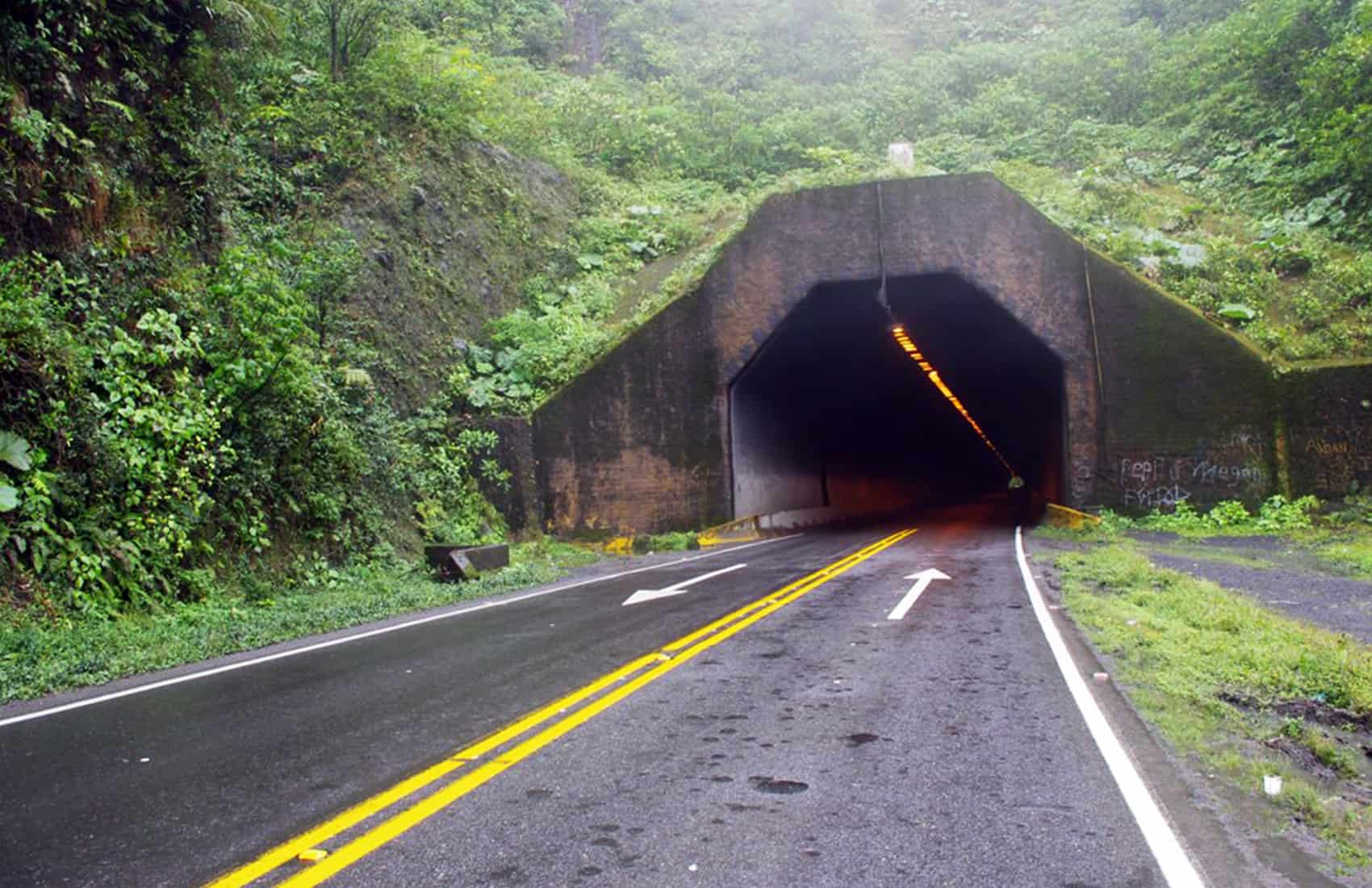Several sections of route 32 (Río Frío-Limón) have been flagged by users as potential road safety hazards.
Frequent travelers on this route express concerns over inadequate signage, attributing some fatal accidents to this oversight.
The project is being managed by the China Harbour Engineering Company (CHEC), which has already expanded certain segments to four lanes. These segments include stretches between kilometers 63 and 84 (from Gasolinera Eusse to Puente Destierro) and between kilometers 110 and 133 (from Espavel to Venecia).
Complaints from local residents and regular commuters were raised during a recent announcement by the Office of Communication, Attention, and Proximity (Coapro), a division of the Project Execution Unit (UEP).
Despite these concerns, Coapro’s announcement emphasized that the project is progressing at a satisfactory pace, highlighting the expansion to four lanes in specific areas.
“We are committed to opening some sections to better regulate traffic and enhance road safety. As of September 1st, a 20-kilometer section with four lanes has been opened, spanning from kilometer 63 to kilometer 84,” they stated.
They also pointed out that “it’s crucial that U-turns, driving against the flow of traffic, and the passage of motorcycles, bicycles, or pedestrians between New Jersey-style barriers are strictly avoided to ensure public safety.”
The UEP has also requested that all road users respect the existing signs and markings, install additional barriers, and refrain from using sections of the road that have not been officially opened.
Furthermore, road users have been urged to stay alert for new signage and the presence of flagmen, especially in anticipation of future openings scheduled for December.
The project’s initial completion date was set for February 8, 2023. However, Conavi has granted an extension, now aiming for completion by March 15, 2024.
In addition to these construction challenges, CHEC has lodged claims of $150 million against the government, citing adjustments and delays related to expropriations, among other issues. Conavi may acknowledge a portion of these claims, specifically $9 million associated with expropriation delays.
The project includes the construction of 13 overpasses, 5 interchanges, and 24 pedestrian bridges. Notable interchanges are located in Río Frío, Guápiles, Siquirres, the Moin Container Terminal (TCM), and Moin.
Elevated pedestrian crossings are situated at various points, such as La Unión, Río Danta, Toro Amarillo, Sinaí, El Molino, Jiménez, Guácimo, Pocora, La Herediana, La Francia, Siquirres, Batán, and Matina.
The total cost of the project, as outlined in the current contract, stands at $465.5 million, secured through two loans facilitated by the Exim Bank of China. Additionally, the government was expected to contribute nearly $70 million for expropriations, public service relocations, and contract management.
Nevertheless, the Ministry of Public Works and Transport (MOPT) estimates an additional $200 million will be required to complete the entire route, along with supplementary works to connect the project with the adjacent cantons of Pococí, Guácimo, Siquirres, Matina, and Limón.
According to the monthly executive progress report published by Conavi, as of the end of June, approximately $292 million had already been expended on the project, leaving nearly $174 million for future execution.






